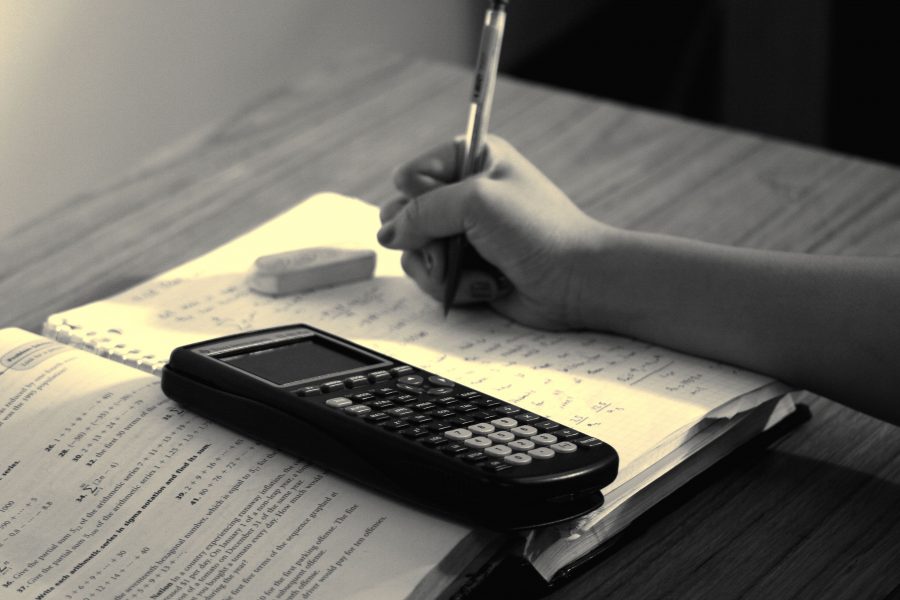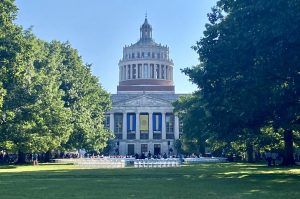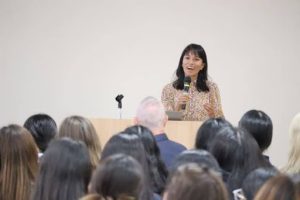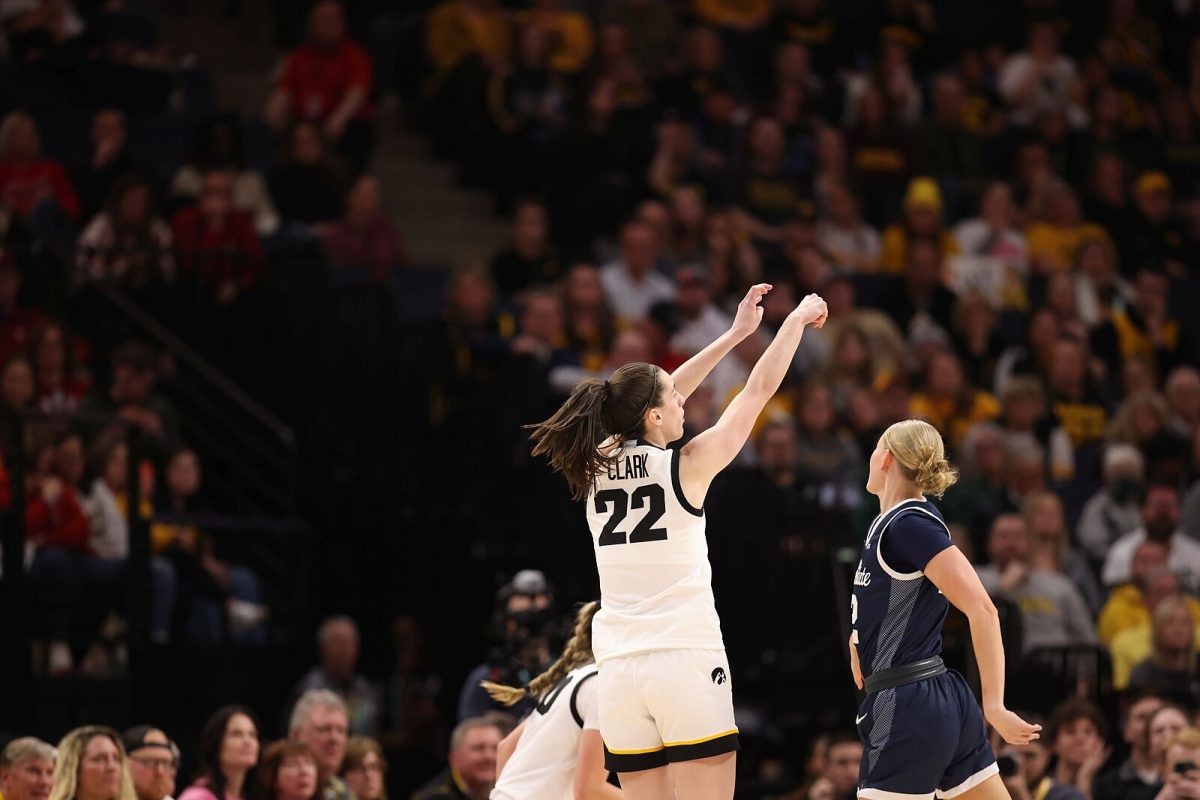Two-week study leave extended to juniors
Photo Credit: Flickr
The exams are usually administered a number of times in different time zones, in strictly controlled environments, using several versions of questions to ensure test security. The 2020 digital testing system required all test takers for each specific subject to take the exam simultaneously, regardless of geographical location.
April 28, 2016
As the students get anxious about the upcoming Advanced Placement exams, high school students at Sacred Heart have been asking questions about the new eleventh grade study leave policy. Study leave, which will take place from May 2 to May 13 of this school year, will allow juniors to study for AP exams without needing to attend non-AP classes.
This two-week study leave will provide juniors time to study for their AP exams either at home or at school. Ms. Young and AP teachers strongly encourage students to attend their scheduled AP classes as their teachers will be able to assist students in preparing and reviewing materials. Non-AP classes such as Japanese, French, ESL, Ancient History, US History for College, Environmental Science, International Relations, Introduction to Computer Programming, Pre-Calculus, Algebra, and English will not take place during the two weeks, but two-year AP courses such as Biology, Chemistry, and 2D/3D art will still be in session. Students that are enrolled in these courses are expected to attend the class unless they have an AP exam. The study leave will also be extended to students who are taking few or no AP courses so that they can prepare for their end of the year exams.
Before this new system was introduced, AP test takers were excused from morning classes if their exam was scheduled in the afternoon, or from classes after lunch if their exam was the next morning. However, it became obvious that juniors were still stressed and sleep-deprived the day they took their exams. As a result, after the faculty discussed the issue in department meetings, the Sacred Heart administration decided to grant students a study leave.
Ms.Young, the high school principal, believes that this new system will allow students to be able to prepare well and focus more on the exams. For many juniors applying early to colleges, the college admissions committee critically examines grades and AP scores in junior year. Therefore, the new system allows eleventh graders to prioritise academics.
Regarding extracurricular activities Ms. Young said, “Attendance at extracurricular activities should be treated with responsibility, honouring agreements with both coaches, activity directors, and peers.”
Reflecting on the new system, Nina (11) said, “I think it’s a great idea, because I feel like I can focus on the things that I really have to study for, like Macroeconomics, and take a break from regular classes such as Japanese and English.”
Ms. Saso, who teaches AP Micro/Macroeconomics said, “I am slightly concerned that students will find it difficult to study effectively without the routine of going to classes where teachers can support the students. But, study habits depend on students, so it may be both effective and ineffective.”
As this new system is still a policy in progress, it will be reviewed at the end of the school year based on feedback received from parents, students, and faculty.













































